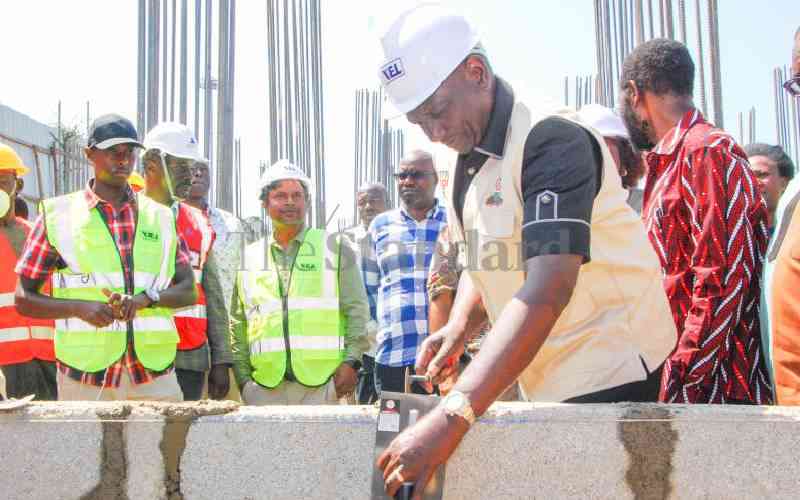×
The Standard e-Paper
Stay Informed, Even Offline

The choice between spending his time at the State House or on the road seems to be an easy one for President William Ruto.
He, undoubtedly, enjoys the outdoors more, hence his infamous "tanga tanga" reference by former President Uhuru Kenyatta.